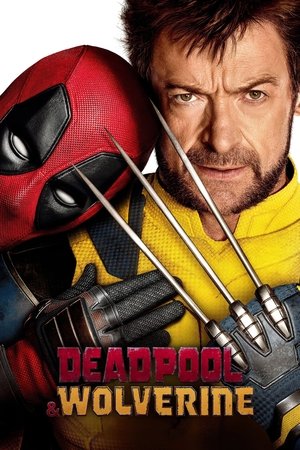
F. Hugh Herbert
From Wikipedia, the free encyclopedia
Frederick Hugh Herbert (May 29, 1897 - May 17, 1958) was a playwright, screenwriter, novelist, short story writer, and infrequent film director. Born in Vienna, Austria, Herbert was educated at the University of London. He began his film career in 1926 with two projects starring Conrad Nagel, The Waning Sex and There You Are!, the latter adapted from his play of the same title. His screenwriting credits included Vanity Fair, Fashions of 1934; Smarty in 1934, adapted from his own play; Sitting Pretty; Dark Command; Our Very Own; The Little Hut; Scudda Hoo! Scudda Hay! and The Girls of Pleasure Island, the last two of which he also directed. He co-wrote a few films in which the similarly named, but unrelated actor Hugh Herbert appeared: Fashions of 1934 (1934), We're in the Money (1935) and Colleen (1936).
One of Herbert's most enduring creations was the character of American teenager Corliss Archer, who was introduced in his 1943 play Kiss and Tell and played on screen by Shirley Temple in the 1945 film adaptation. The character went on to appear in a series of magazine articles, another Temple film, and a radio and television series called Meet Corliss Archer.
Herbert's play The Moon Is Blue had a run of 924 performances on Broadway, which was adapted for the screen version produced and directed by Otto Preminger, who had been responsible for the stage production. The film adaptation, released in 1953, was controversial at the time owing to its frank language and sexual themes. When the Breen office refused to give it a Motion Picture Production Code seal of approval, United Artists opted to release the film without one, and the success of the film was instrumental in weakening the long-standing influence of the Code.
Herbert won the Writers Guild of America Award for Sitting Pretty and was nominated for The Moon is Blue. The uncle of actress Kathleen Hughes, he died in Beverly Hills.















